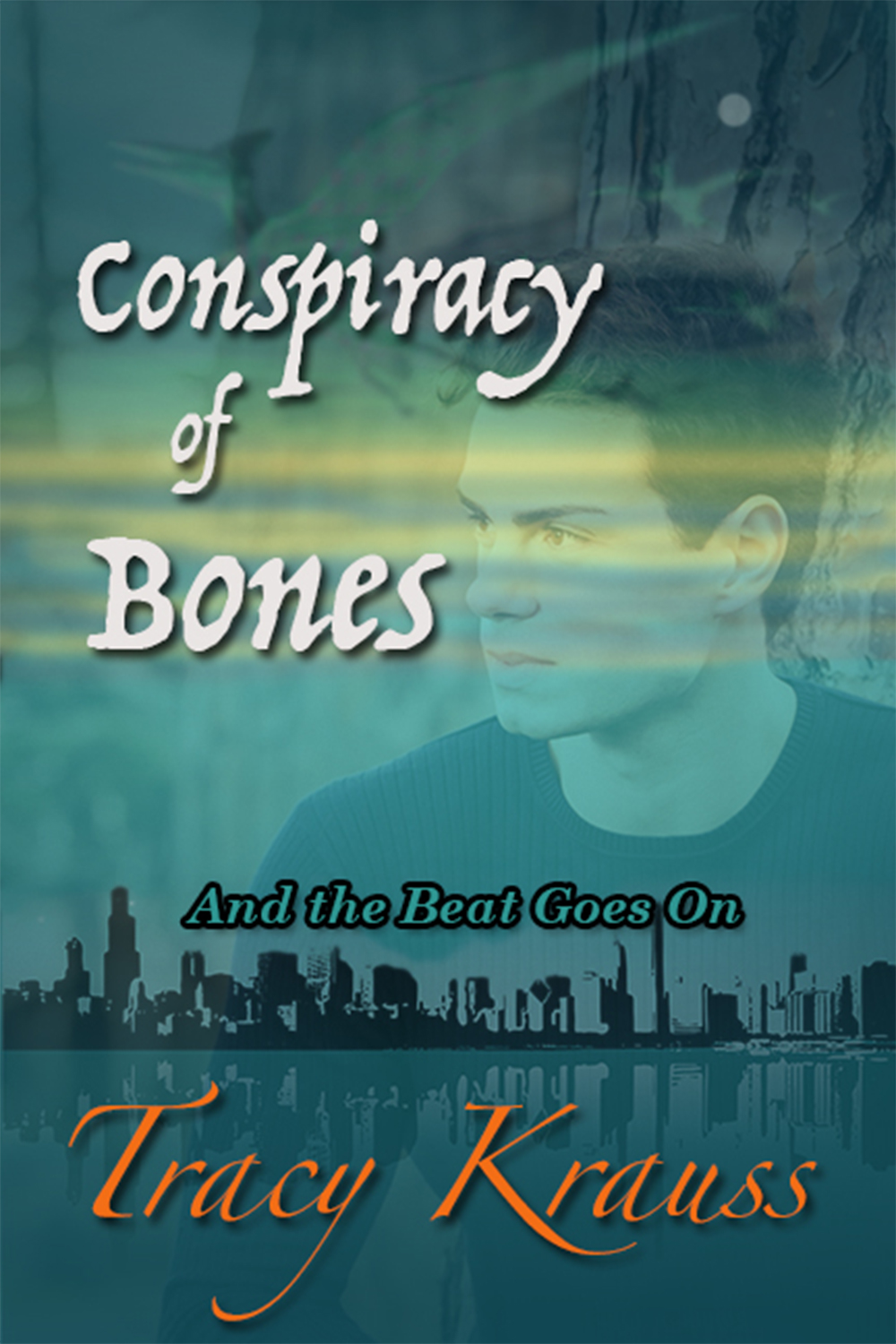
Get your free copy of this award winning book.
Writers are artists. At least that’s my bottom line and I’m sticking to it. But these days, writers have to think like business-people, too. It’s a reality we’ve all had to come to terms with, like it or not. There is no more holing oneself in an attic somewhere with one’s muse while an agent, publicist, or publisher does the rest. Let’s look at our options and go from there. I know you’ve heard it before, but it’s worth going over again, just in case.

The traditional agent-publisher route still exists and is a very viable option. Sometimes, in the case of smaller boutique publishing houses, one can get a deal without an agent. The bottom line is, traditional publishers do not charge any kind of fee. Period. The writer gets paid for their work, through an advance, through royalties on books sold, or both.
Generally speaking, the big pros of a traditional deal are the assurance of a quality product and having the backing of the company’s distribution channels. There are none of the headaches of managing all the production and bookkeeping responsibilities. However, authors have minimal control over their own work. There can be restrictions on the cover, launch date, promotions, etc. Less of the profit goes to the author since he or she is also fueling the larger machine of the publishing company.
The term ‘indie’ is now widely used to describe anyone publishing outside a traditional deal. But all self-publishing is not alike! Fully assisted publishers (sometimes called ‘vanity presses’) charge the author fees for services, which may or may not include professional editing, depending on the contract. There are plenty of reputable fee for services publishers out there, but there are also a few that are only interested in the money. Some charge for everything, while others are more of a hybrid. Do your research. Weigh the pros and cons.
Thankfully, authors have other choices that are increasingly easy to use. DIY options through KDP, Draft2Digital, and Lightning Source are examples. In the case of Lightning Source, you have to set up your own publishing company. Yes, there is a steep learning curve at first, and as most people point out, it is not technically free because you still need to pay for professional services like editing, cover design, formatting etc. These are important factors if you want to compete and look professional. However, you have control—which can be a pro or a con. Distribution and marketing can be a challenge. That’s reality.
Money is always a factor when weighing one’s options. Obviously, DIY authors set their own prices and get more royalties. Traditional deals often offer very low royalty rates, but sales might be higher because of their expanded reach. The in-between option (vanity, hybrid, whatever you want to call it) can be all over the map in my experience, depending on the initial costs, how much future control you have over pricing and changes, their distribution channels etc.
Many authors are combining the above options and thus a new breed of hybrid author has emerged. They are learning to take advantage of the pros from each subset to offset the cons of another. For example, a traditional book might increase the credibility, reach, and sales of an indie book, while the indie book might bring in the bulk of the actual income. Connections made through a boutique publisher could lead to outsourcing opportunities for a self-published project. Re-releasing titles after the contracts have expired, or retaining the ebook rights while selling foreign rights, are just a couple of other options. Authors are trying new things. Audiobooks are one great example. (But that’s another conversation!)
There is value and validity to each method. It is up to individual writers to choose which path makes the most sense for them. However, don’t expect to sit alone in your attic with your muse and just write. That is one scenario that is no longer a reality. Next time, I’ll talk about some of my own real-life examples.
Originally published on InScribe’s professional Blog, July 2022.